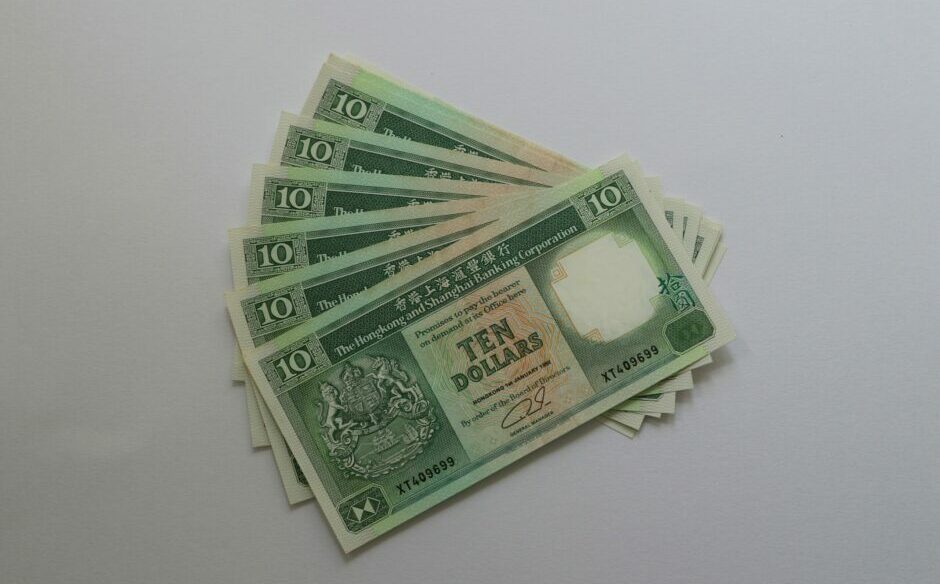HONG KONG — Bond investors are fleeing China’s largest distressed debt manager.
China Huarong Asset Management failed to publish its 2020 preliminary results by the March 31 deadline and this week speculation has swirled around bond defaults and even bankruptcy — even though the entity is majority-owned by China’s Ministry of Finance.
The asset manager’s offshore bonds have fallen to record lows, stoking fears of contagion across the world’s second-largest bond market.
Moody’s Investors Service and Fitch Ratings on Tuesday announced that they will review their ratings of China Huarong for a possible downgrade. S&P Global Ratings made a similar statement last week. All three agencies rate it as investment grade now.
Here are five things to know about China Huarong.
What is China Huarong?
China Huarong is the country’s largest distressed asset manager with 1.73 trillion yuan ($264 billion) in assets and 1.37 trillion yuan in interest-bearing liabilities, as of June 2020. Its core business of buying and restructuring sour loans makes up only about half its total assets, with banking, securities trading, trusts and other investments management comprising the rest, according to the entity’s interim report.
Huarong was one of the four big distressed debt managers set up by Chinese authorities in 1999 as the nation’s banks were grappling with bad debts that made up a fifth of all loans. Huarong was initially charged with buying the sour loans of the largest bank in the country, the state-run Industrial and Commercial Bank of China.
Concerns surrounding Huarong have mounted since 2018, when its then-chairman, Lai Xiaomin, was arrested. He was found guilty of accepting bribes and bigamy and executed in January. Most of the asset manager’s troubles stem from earlier excesses during the period, when it used its access to cheap funding to expand into unrelated businesses.
Why have its bonds plunged?
Huarong and its units have over $43 billion in bonds outstanding. More than half mature by the end of 2022, according to data compiled by Refinitiv. Investors considered the bonds as quasi-sovereign, as the asset manager is largely owned by the government.
The bonds were trading at or close to par until the end of last month. But they began dropping after Huarong said it would delay the release of its preliminary financial results so an auditor could finalize a transaction.
The sell-off began after S&P said last week it would review Huarong’s rating, and traders focused on a commentary by Ling Huawei, managing editor of Caixin Media and Caixin Weekly, which raised the possibility of a Huarong bankruptcy.
Rumors of international bondholders being forced to accept a restructuring or a haircut on their dues have also damaged sentiment. Chinese authorities have been silent, and a Hong Kong-based representative for Huarong did not respond to an email seeking comment.
Who owns the bonds?
Offshore issuance makes up about half the $43 billion in outstanding bonds. However the exact ownership of the paper is not clear, especially for the onshore holdings. Traders say banks, cash-rich Chinese corporations, insurers, and fund houses hold the bulk of the onshore pile.
Goldman Sachs Asset Management, BlackRock, Aberdeen Asset Management, GAM Investment and Credit Suisse Asset Management were among institutional investors with exposure to the bonds, data from Refinitiv shows. It is not clear if the investors have exited or sold part of their positions recently.
Given the links to the Chinese government, traders and strategists are advising clients to hold bonds that mature in the next few months, as they expect the company to use its liquidity to repay in full.
What will China’s government do?
That is the question in the forefront of everyone’s mind.
Despite recent high-profile defaults by state-owned enterprises, including by chipmaker Tsinghua Unigroup, some believe Beijing will eventually step in and save Huarong. “I don’t believe China will allow Huarong to collapse or default,” said Alicia Garcia-Herrero, Asia-Pacific chief economist at investment bank Natixis. “The post-default restructuring in China is very complicated and Huarong has a national role to play: clean up bad debts.”
She expects a recapitalization, which could dilute shareholders, and new management.
Bloomberg reported on Tuesday that the Finance Ministry is considering transferring its stake in Huarong to a unit of the nation’s sovereign wealth fund, which in the past has resolved debt risks, including the bailout of Hengfeng Bank in 2019.
What would a default mean?
While state-owned enterprise defaults have become more common, letting Huarong take the same path could spook the nation’s trillion-dollar corporate bond market, and raise fears of a systemic crisis. State entities either failed to repay or missed interest payments on a record $15.9 billion of local bonds in 2020 and the trend has continued into 2021, according to Fitch Ratings.
But none of the companies that have defaulted are as high profile as Huarong.
A default by Huarong would darken the outlook for other distressed debt managers and hurt their ability to raise funds at a time when bad debts are set to expand.
The sell-off of Huarong’s bonds has already pushed up yields on both Chinese investment-grade and high-yield corporate bonds.
Traders are focusing on the Huarong entities that have issued the offshore bonds — Huarong International and Huarong Finance leasing. These account for less than a fifth of the group’s assets, and, without the parent group’s support, could struggle to repay 2021 maturities in full. For instance, Huarong International had $2.2 billion in cash as of June 2020 and has $3.8 billion of maturing bonds this year. The company also does not generate enough free cash flow, according to interim filings.
Nomura’s Yap believes there is 10% chance of authorities opting to “teach investors a lesson for enabling the previous chairman’s bad behavior,” by imposing a 30% haircut on these offshore bonds. However, his base-case scenario remains that the offshore obligations will be honored.





